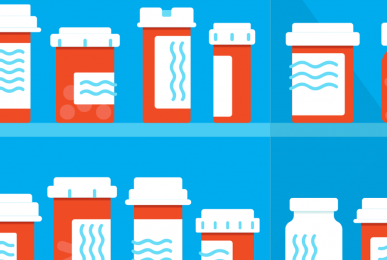Patients win when market-based competition from FDA-approved generics and biosimilars deliver savings at the pharmacy counter. But those savings are increasingly at risk due to anti-competitive tactics, misguided policies and sustainability challenges that block patient access to lower-cost medicines. Meaningful action is needed to lower prescription drug costs and AAM’s Prescription for Savings outlines several solutions to secure our medicines for patients.
Blueprint to Enhance the Security of the U.S. Pharmaceutical Supply Chainto build on the U.S.-based manufacturing presence that exists today and the resiliency demonstrated in responding to the unprecedented challenges resulting from the global COVID-19 pandemic.5 The blueprint outlines a six-element framework of concrete actions – including tax credits, public-private partnerships and regulatory efficiencies – to ensure patients have access to a secure and consistent supply of critical medicines. AAM supports the Enhancing the Security of the U.S. Pharmaceutical Supply Chain Act.6
Together, these policies could save patients and taxpayers as much as $20 billion over the next 10 years through increased competition, lower out-of-pocket costs and reduced spending on prescription drugs.

Filling a prescription? You may receive your medicines in one of AAM’s informational pharmacy bags.
Billions in patient savings are possible with the Prescription for Savings. Now is the time to deliver those savings to patients.

Learn how your generic and biosimilar industry is committed to your health.

Infographic
Receive relevant industry news, event information and the latest resources on biosimilars and generic medicines.
For the latest updates, follow us on social media.